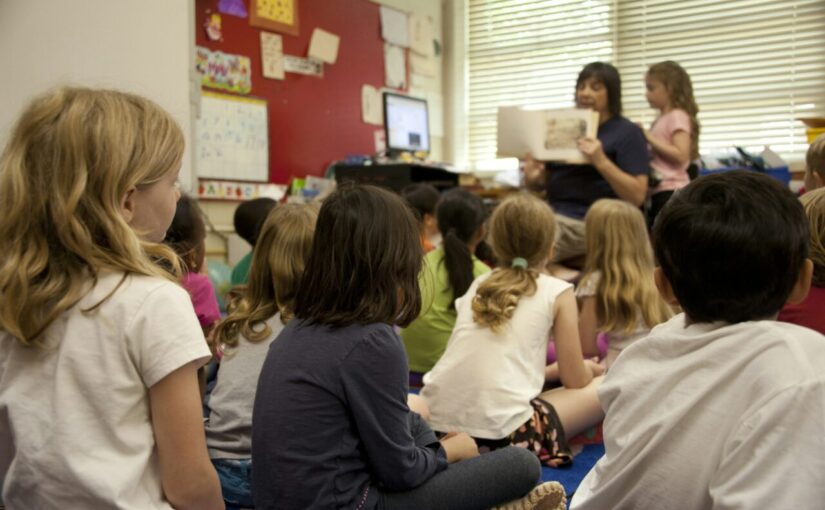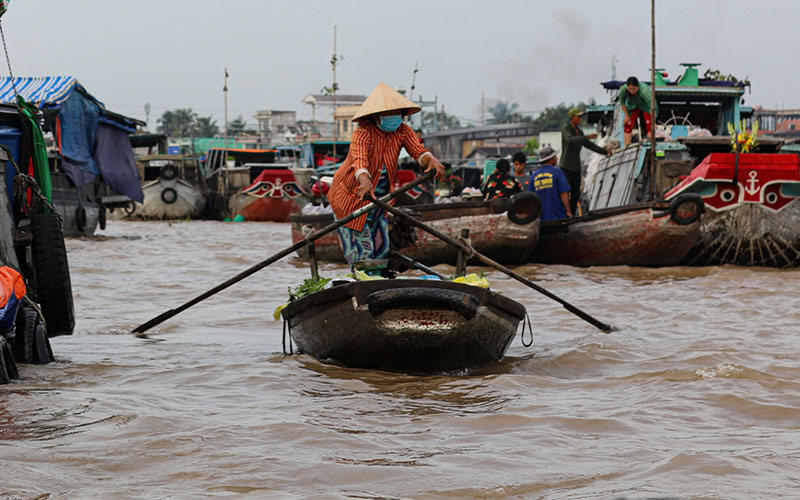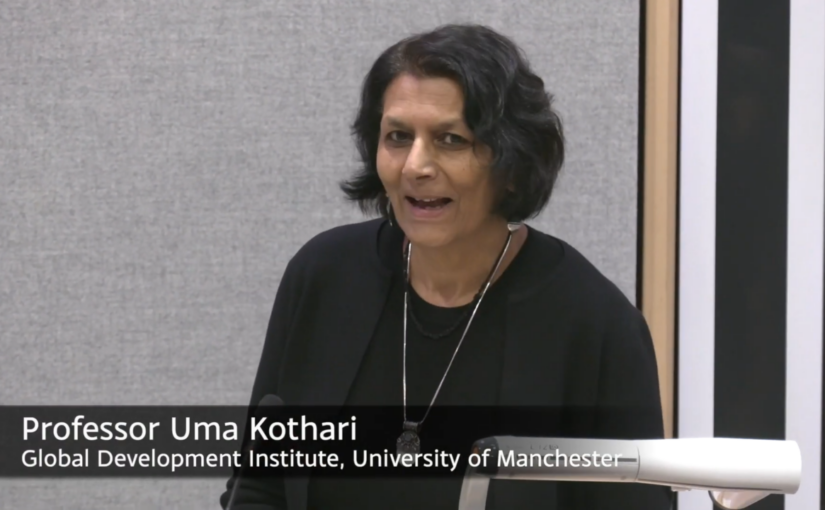IGDC PhD students Stella Nwawulu Chiemela, Luqman Muraina, and Aasim Sheikh give an overview of the IGDC Research Away Day. The decolonisation imperative In recent years, there has been a growing demand within the fields of international and global development to decolonise the knowledge production process. This imperative arises from critical examinations of the historical … Continue reading Decolonising development research: Navigating positionality and power dynamics in the pursuit of equitable partnerships
The environmental impact of mass tourism: A case study of Negril, Jamaica, 1970s-2023
Henrice Altink introduces her new article in Environment and History, Making Tourism Sustainable? Environment and Resort Tourism in Negril, Jamaica, 1970s–2002. Mass tourism has had severe environmental impacts but there are hopeful signs that sustainability is becoming central to the development agenda in the 2020s. Mass tourism generates jobs, brings in revenue and enhances cultural … Continue reading The environmental impact of mass tourism: A case study of Negril, Jamaica, 1970s-2023
Gender, education and a global view on the ‘crisis of care’
Dr Saba Joshi, Lecturer in Gender and Development at the Department of Politics and Deputy Director of the IGDC, explores the gendered dimensions of the chronic underfunding and devaluation of paid and unpaid care work in global economies in a report recently published for Education International, a global union federation of teachers’ trade unions. The … Continue reading Gender, education and a global view on the ‘crisis of care’
What’s wrong with water committees?
Written by Jon Ensor, Steven Johnson and Daniel Vorbach. “Rather than defining the particular characteristics of a decision making institution, perhaps the most important step towards sustainable water governance lies in supporting communities to work through alternative approaches.” A long-running interdisciplinary collaboration has seen two University of York staff working in the South Pacific island … Continue reading What’s wrong with water committees?
IGDC – UFBA Workshops: towards a decolonizing global development
In May and October 2023, the IGDC hosted two workshops in partnership with the Federal University of Bahia (UFBA), at University of York. IGDC members from across the University of York and members from Insituto de Saude Colectiva (Institute for Collective Health- ISC), UFBA attended the workshop that focused on our shared interests in decolonizing … Continue reading IGDC – UFBA Workshops: towards a decolonizing global development
IGDC Annual Lecture 2023 – Uma Kothari’s Towards decoloniality and justice
Jon Ensor, IGDC Director, discusses four broad themes which came out of 2023’s Annual Lecture. On 28 November it was my huge privilege to introduce Professor Uma Kothari as the speaker for IGDC’s 2023 Annual Lecture – Towards decoloniality and justice: when the past pushes unfinished into the present. Professor Kothari is well known for … Continue reading IGDC Annual Lecture 2023 – Uma Kothari’s Towards decoloniality and justice
Writing a stand out Global Development book proposal
Written by Nick Wolterman – Senior Commissioning Editor, International Development, Bloomsbury Academic. My job is pretty straightforward. It is to read book proposals from would-be authors for Bloomsbury’s international development list (as well as its African studies and economics lists); to determine whether those proposals are in line with strategy; and if they are, to … Continue reading Writing a stand out Global Development book proposal
Feeding the Community – Urban Farming in Johannesburg
IGDC Member Henrice Altink, and Tim Hart discuss urban farming in Johannesburg. There are more than 300 farms in Johannesburg and new ones are sprouting up across the city, including in informal settlements. Urban agriculture (UA) has the potential to enhance food security in Johannesburg – more than 40 % of households are food insecure … Continue reading Feeding the Community – Urban Farming in Johannesburg
BA in Global Development 2023 Ghana Field Trip
Olivia, a third year student at the University of York studying on the BA in Global Development, went on a field trip to Accra in Ghana in April 2023 to carry out development research. Hi, I am Olivia, and I’m a third year student at the University of York, studying on the BA in Global … Continue reading BA in Global Development 2023 Ghana Field Trip
A Human Security approach for measuring social impacts
Mark van Dorp, affiliated to LSE IDEAS, looks at how measuring social impacts can make companies’ strategies more risk responsive by using a Human Security approach. Over the last two decades, there has been an increased understanding of what is needed for investments to be more peace positive in theory but in practice the necessary … Continue reading A Human Security approach for measuring social impacts










